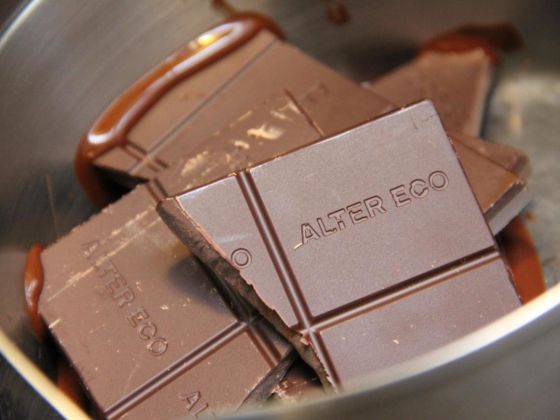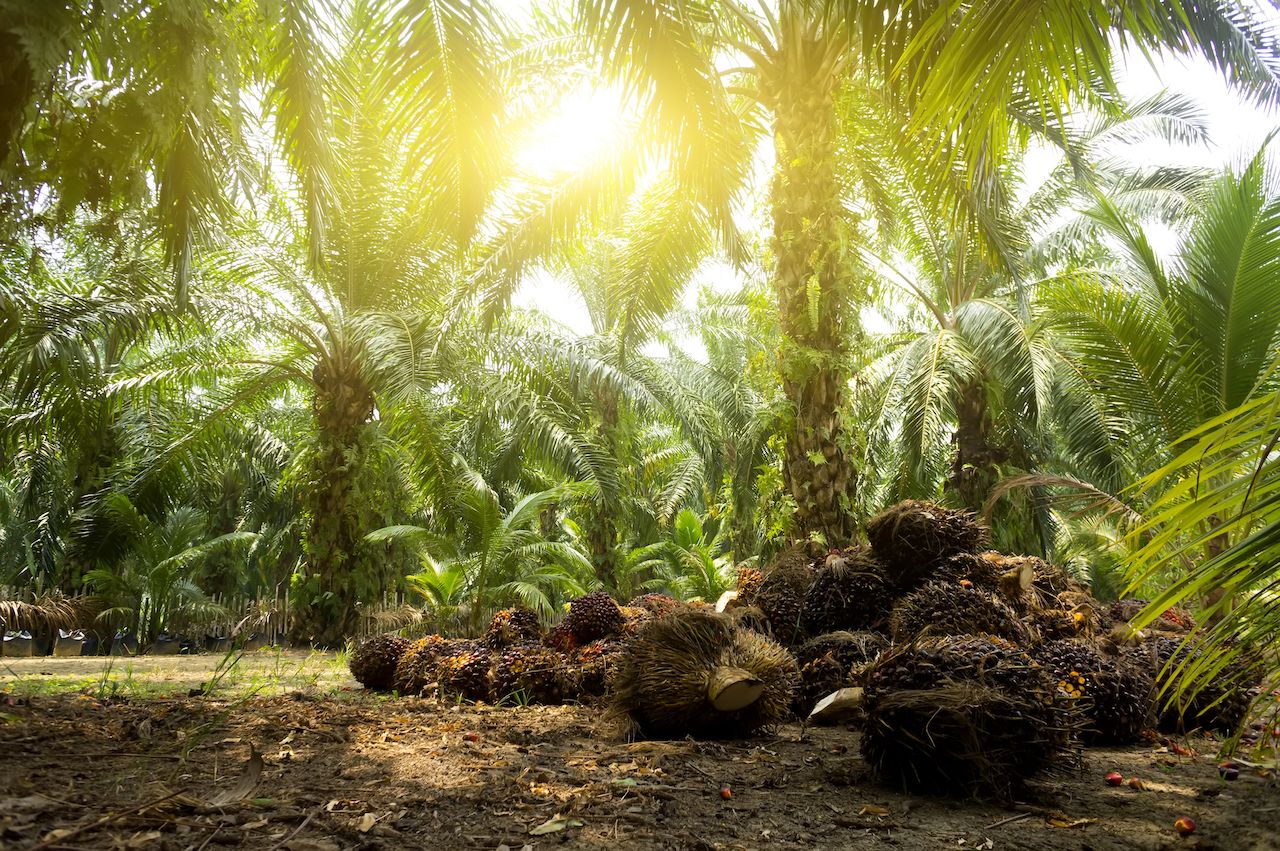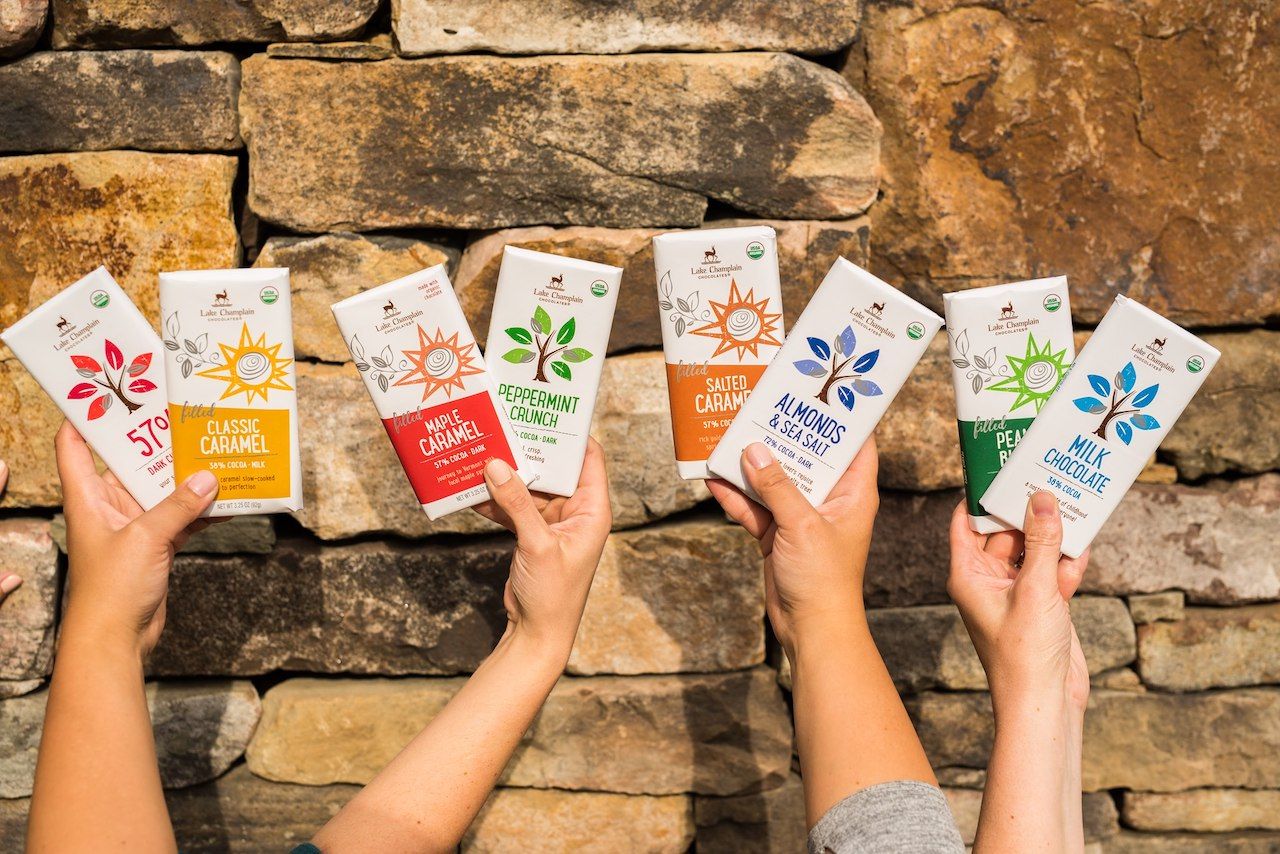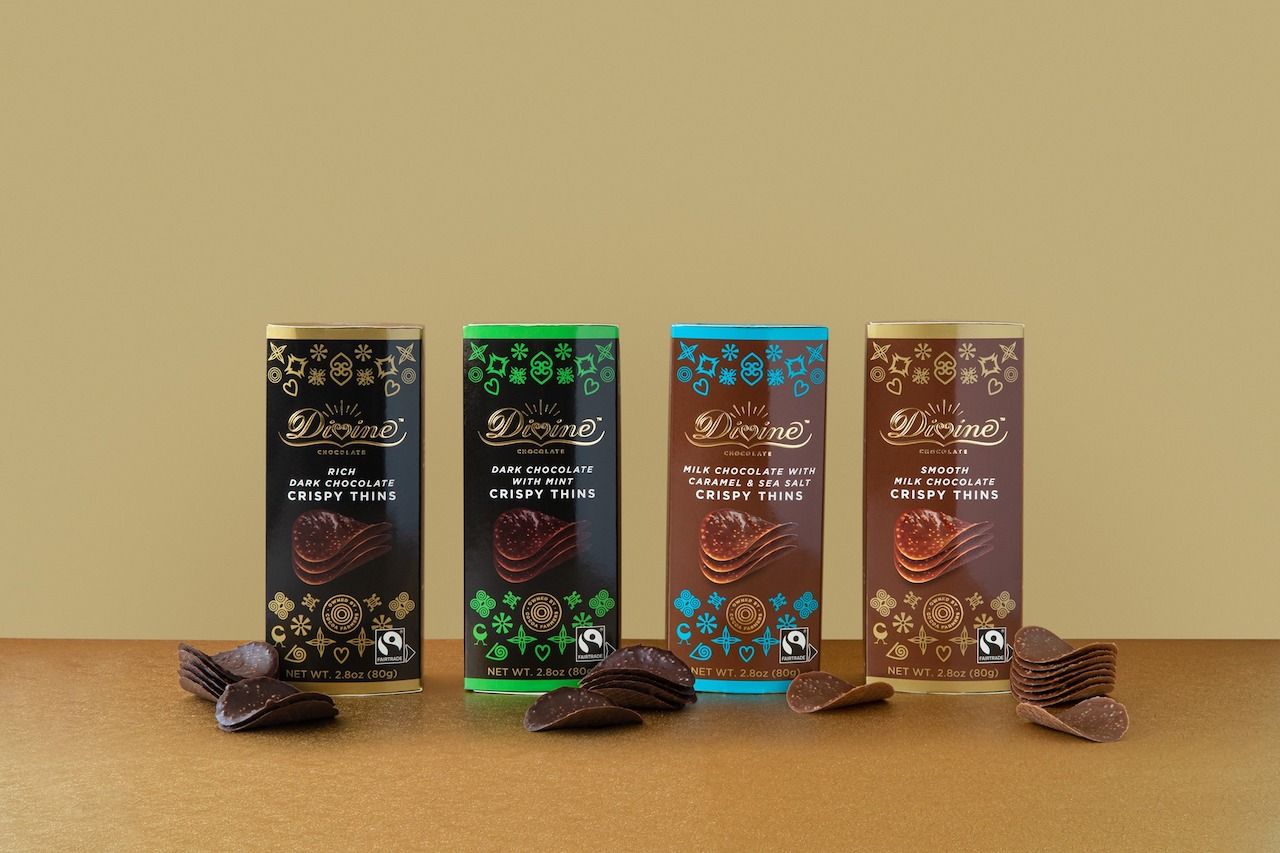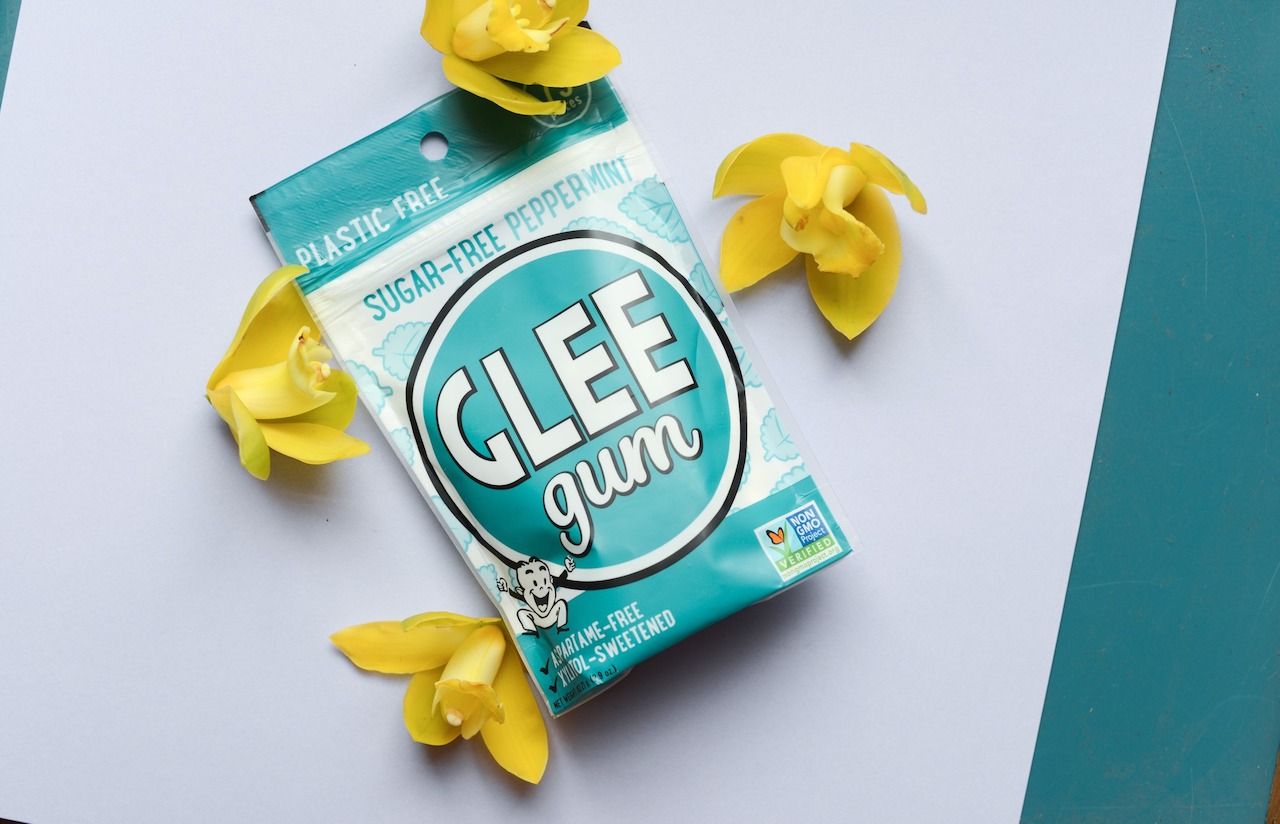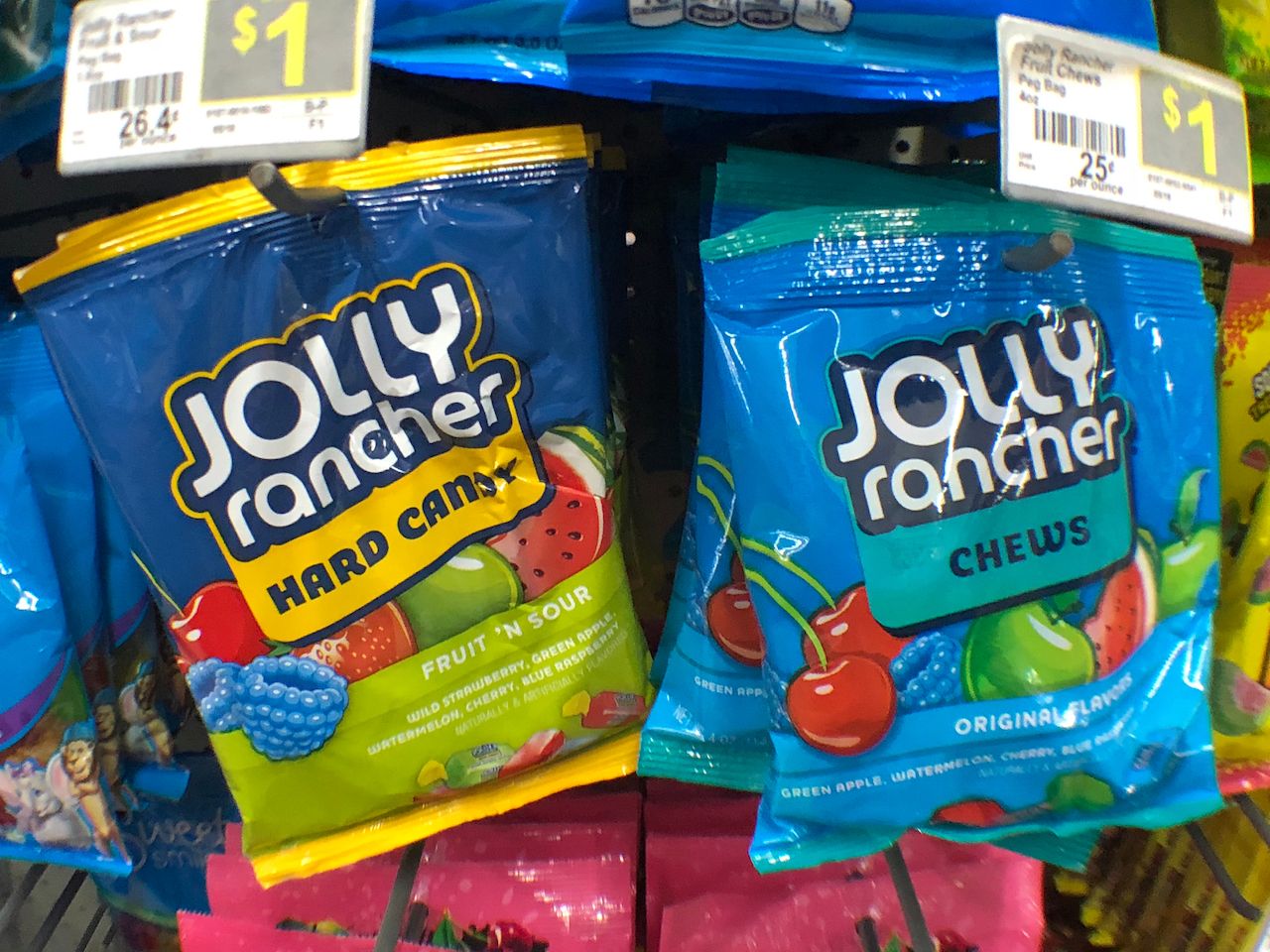Candy can be sweet, salty, chocolatey, and full of nostalgia. Candy can also, depending on which company you buy it from, endanger the environment, plant and animal life, and the people who make it.
Two of the biggest ethical concerns in candy production are child labor and unlivable wages for cocoa harvesters, and the use of palm oil. The former has continued for more than a century, beginning with European countries that took advantage of colonies in Africa with the right climate to grow cacao trees. Today, companies still use cocoa from regions with unethical harvesting practices. There’s an ethical scorecard that can help you navigate the world’s chocolate companies.
